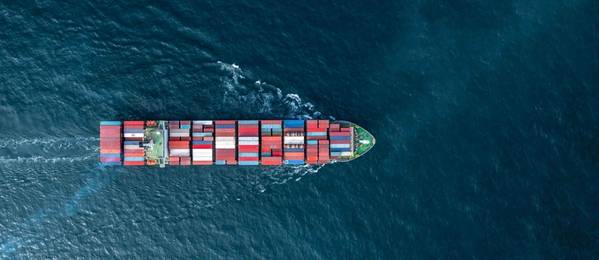
The insurance cost of shipping goods through the Red Sea has more than doubled in recent days after Yemen's Houthis attacked and sank two ships, killing at least four seafarers after months of calm, industry sources said on Thursday.
The Red Sea is a critical waterway for oil and commodities but traffic has dropped sharply since Houthi attacks off Yemen's coast began in November 2023 in what the Iran-aligned group said was in solidarity with Palestinians in the Gaza war.
War risk premiums have risen to around 0.7% of the value of a ship, from around 0.3% last week before the latest attacks took place, sources familiar with the matter said, with some underwriters pausing cover for some voyages.
Rates for a typical seven-day voyage period, which are set by individual underwriters, have been quoted this week at up to 1%, matching the peak level in 2024 when there were daily attacks. This adds hundreds of thousands of dollars in further costs for every shipment.
"The recent attacks in the Red Sea have highlighted the need for caution when considering a transit," said Neil Roberts, head of marine and aviation with the Lloyd's Market Association, which represents the interests of all underwriting businesses in Lloyd's of London.
A Houthi attack on the Greek ship Eternity C on Wednesday killed four of the 25 people aboard, maritime officials said. On Thursday, rescuers pulled four more survivors from the Red Sea. Houthi militants said they were holding some of the crew still missing.
The attack followed the sinking of another Greek-operated vessel on Monday, which the Houthis claimed responsibility for.
Some of their sister vessels had made calls to Israeli ports in the past year, an analysis of shipping data showed.
The Houthis attacked more than 100 ships from November 2023 to December 2024. In May, the U.S. announced a deal to stop bombing the Houthis in return for an end to shipping attacks, though the Houthis said the deal did not include sparing Israel.
Insurance industry sources said underwriters would try to avoid covering any vessel with links with Israel, even if it was indirect.
"What we have seen in the last week appears to be ... a return to mid-2024 targeting criteria, which essentially involves any vessel with even a remote Israeli connection," said Munro Anderson, head of operations at marine war risk insurance specialist Vessel Protect. "With ambiguity comes risk."
(Reuters)



